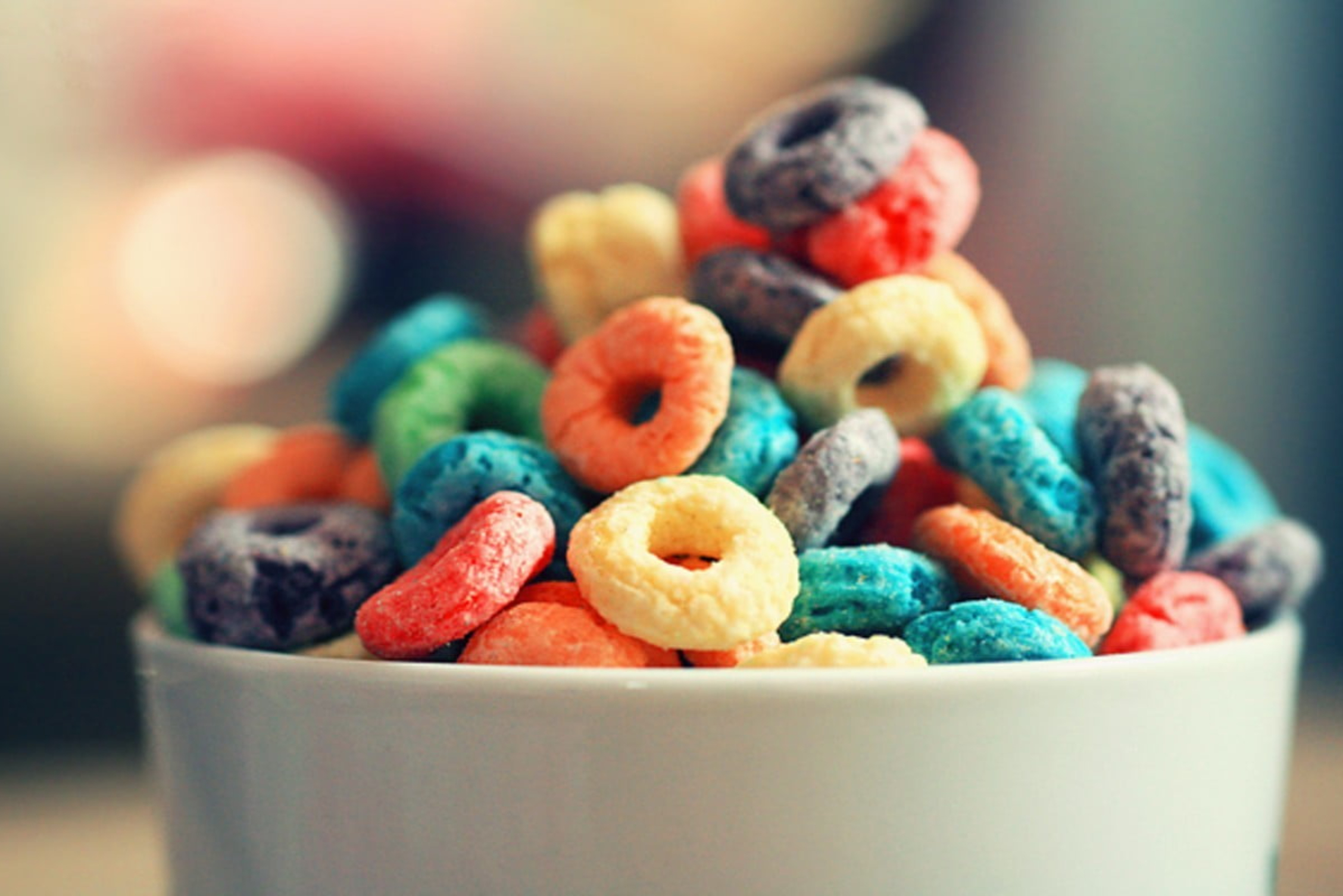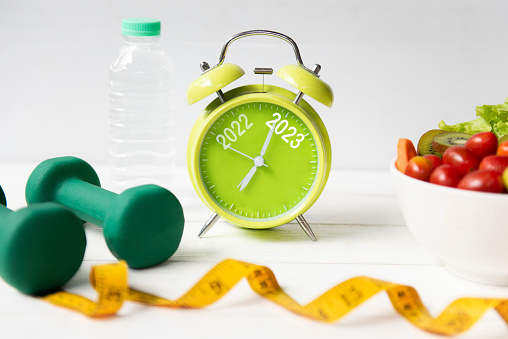Published Date January 24, 2003
What does it take to bake a bun?
By Hetvi Shah
4 min read
Last update date: January 24, 2003
A bun needs a few necessary ingredients to turn out fine. By fine I mean it needs to be fluffy or spongy enough to be called a bun.

A bun needs a few necessary ingredients to turn out fine. By fine I mean it needs to be fluffy or spongy enough to be called a bun. If it’s not fluffy, who would call it a bun, right? Similarly, for your baby to be born healthy, eating what is healthy for both of you is a must.
Let us see, what are the nutritional requirements of your body to make your cute little bunny a healthy baby.
Nutritional requirements during pregnancy
Nutrition plays a vital role before and throughout pregnancy for both the mother and baby. To obtain energy for yourself and your growing foetus, making correct food choices matters a lot. Eating a balanced diet amidst your cravings and dislikings will be beneficial.[1]
Keep your spoons and forks ready to dig in on the nutrients that are essential for each of the phases.
For preconception period
Your diet should include whole grains, lean meat, omega-3-rich foods, colourful fruits and vegetables, and dairy products. These help in the proper functioning of your reproductive system. All the nutrients that you must get through your diet are as mentioned;
- Zinc - Zinc deficiency negatively affects both male and female fertility. It is recommended to consume zinc 15mg/day. Zinc can be obtained by eating meat and poultry, beans, chickpeas, and nuts (peanuts, cashew nuts, almonds).
- Iodine - Sufficient intake of dietary iodine, especially during the preconception period minimizes the risk of iodine deficiency during early foetal development. 150 micrograms of dietary iodine daily are recommended. Iodized salt, seafood, and dairy products are said to be good sources of iodine.
- Omega-3 fatty acid - Omega-3 fatty acid is important for good reproductive health. Some of the good sources of omega-3 fatty acids are sea fishes (salmon, sardine, oyster) and nuts and seeds (walnuts, flax seeds, and chia seeds).
- Iron - Iron intake during preconception improves pregnancy outcomes.
- Vitamin C - Vitamin C is directly linked to improving uterine health in women and sperm health and motility in men. The chance of conception increases if Vitamin C is consumed daily.[2]
For the first trimester
- Energy - Additional work is required to carry the weight of the foetus and extra maternal tissues. It means more energy is required. About 70-85 kcal extra calories are required during the first trimester (if the weight gain recommendation is 10-12 kg).[6]
- Protein - Additional protein is important for pregnant women. It helps in foetal growth, placental development, maternal tissue enlargement, increased maternal blood volume, and formation of amniotic fluid. A protein intake of 0.5 g/day (if the weight gain recommendation is 10 kg) is essential for the first trimester.[6]
- Folic acid - Folic acid is the most essential nutrient during pregnancy. It prevents neural tube defects. The daily required amount is 600 micrograms.
- Calcium - Calcium is very critical since your baby will obtain calcium from your calcium stores. It is needed to develop teeth and bones in the later stages. The Daily recommended amount is 1 gram/day. Calcium can be obtained through milk, cheese, yogurt, and dark green leafy vegetables.
- Iron - A daily iron intake reduces the risk of anaemia. 27 mg/day is the amount recommended. Lean meat, poultry, iron-fortified cereals, tofu, and green leafy vegetables are rich sources.
- Vitamin C - It promotes bone and tissue development for the growing foetus. It also boosts the absorption of iron. A daily intake of 85 mg/day should be aimed. Fresh fruits and vegetables are an excellent source of Vitamin C.[3]
For the second trimester
The nutrient requirement during the second trimester is the same as in the first trimester. Recommended amounts may vary depending on your needs. Energy needs increase from 70-85 kcal to 230-280 kcal in the second trimester. While the protein needs to increase from 0.5 g/day to 6.9 g/day.[6]
Additionally, a few other nutrients that are required are;
- Vitamin D - Vitamin D aids in the absorption of calcium. Thus, contributing to the development of the foetus’s bones and teeth. Sun exposure is an excellent source of Vitamin D. Food sources include fatty fish (salmon, tuna, and mackerel), cheese, egg yolks, and fortified fruit juices and cereals.
- Folate - Folate or more commonly known as folic acid is essential. Oranges, strawberries, green leafy vegetables, kidney beans, nuts, cauliflower, and beets are good sources.[4]
For the third trimester
Energy needs increase from 230-280 kcal to 390-470 Kcal in the third trimester. While the protein needs to increase from 6.9 g/day to 22.7 g/day.[6]
- Vitamin A - Vitamin A aids in the growth of a baby’s bones and supports their skin and vision. Foetuses can open their eyes and detect light in the third trimester. Fish, carrots, spinach, cantaloupe, sweet potatoes, dairy products, and fortified cereals are good sources of Vitamin A.
- Vitamin B6 - Vitamin B6 is a nutrient vital for the development of the brain and blood cells in the foetus. Vitamin B6 is found in bananas, fish, poultry, organ meats, starchy vegetables, and whole grains.
- Vitamin B12 - Vitamin B12 helps in making the nervous system strong. Vitamin B12 is found in fish, poultry, organ meats, dairy products, and eggs. [5]
Takeaway
Eating a varied diet will help you in achieving all of the nutrients that your body needs during pregnancy. Consulting your physician or nutritionist is important though, to discuss the amounts of various nutrients you should take.
References
- https://www.healthline.com/health/pregnancy/nutrition
- https://www.cloudninecare.com/blog/before-the-beginning-preconception-nutrition-guideline
- https://www.whattoexpect.com/pregnancy/eating-well-menu/first-trimester.aspx
- https://www.medicalnewstoday.com/articles/322285#foods-to-avoid
- https://www.webmd.com/baby/foods-to-eat-during-third-trimester
- Textbook of Nutrition and Dietetics - second edition
Keep reading

9 months to bake a bun
I have heard people refer to a baking bun when talking about pregnancy. A bun certainly doesn’t take about 9 months to be baked.
By Hetvi Shah

What Late-Night Snacking does to us?
All about endorphins, metabolic syndrome, junk foods and late night snacking.
By Arpita Sudev

What is wrong with ready-to-eat breakfast cereals?
All about vitamins, fibre, antioxidants and ready-to-eat breakfast cereals.
By Arpita Sudev

Eat Shakahari to Lose a Few Kilos
By Hetvi Shah
Choose Healthy With Us.
Know the real truth about your food. Stay informed and healthy, for free.

Download the App Now
Certified nutritionists trust our food recommendations. Safe to say, so can you :)










